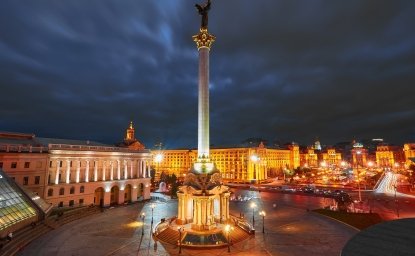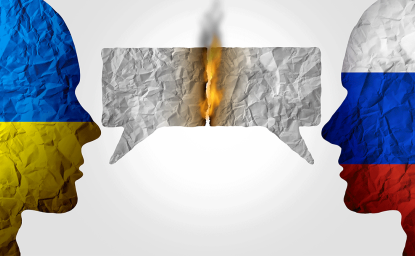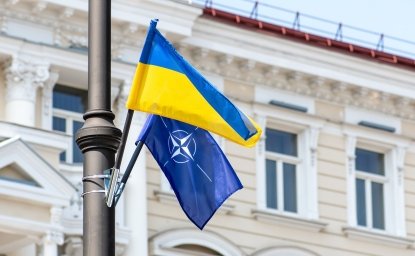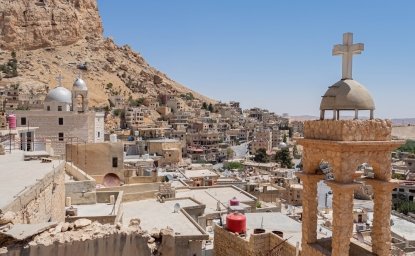The Latest
Now that Iran's president Ebrahim Raisi has died in a helicopter crash in the mountains near the Azerbaijan border, what are the implications for the Islamic Republic? Raisi's presidency was marked by internal crackdowns on dissent, heightened tensions with Israel, and a tough stance on Iran's nuclear program.
Middle East Program Public Policy Fellow Yeganeh Torbati provides insights into the implications of Raisi’s death. She talks about the immediate succession plan, potential impact on domestic and foreign policy, and what the change may mean for Iran's Supreme Leader, Ayatollah Ali Khamenei.
Video Transcript
-
Helicopter Crash Claims Life of Iranian President Raisi and Key Government Officials
Guest


Middle East Program
The Wilson Center’s Middle East Program serves as a crucial resource for the policymaking community and beyond, providing analyses and research that helps inform US foreign policymaking, stimulates public debate, and expands knowledge about issues in the wider Middle East and North Africa (MENA) region. Read more

Explore More
Browse Insights & Analysis
Mark Carney to Lead Canada Amid Rising Trade Tensions With US





